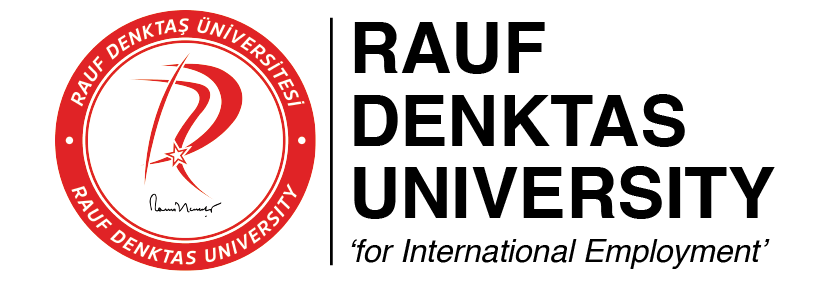- Home
- About RDU
- Academic
- Academic Staff
- Academic Calendar
- Faculties
- Institute of Graduate Studies and Research
- Architecture Master’s Program (with Thesis)
- Architecture Master’s Program (without Thesis)
- Business Administration (with Thesis)
- Business Administration (without Thesis)
- Business Administration (Turkish with Thesis)
- Business Administration (Turkish without Thesis)
- International Relations Master’s Program (with Thesis)
- International Relations Master’s Program (without Thesis)
- Law Master’s Program (Turkish with Thesis)
- Law Master’s Program (Turkish without Thesis)
- Software Engineering Master’s Program (with Thesis)
- Foreign Languages & English Preparatory School
- Current Student
- Prospective Student
- Online Services
- Contact







